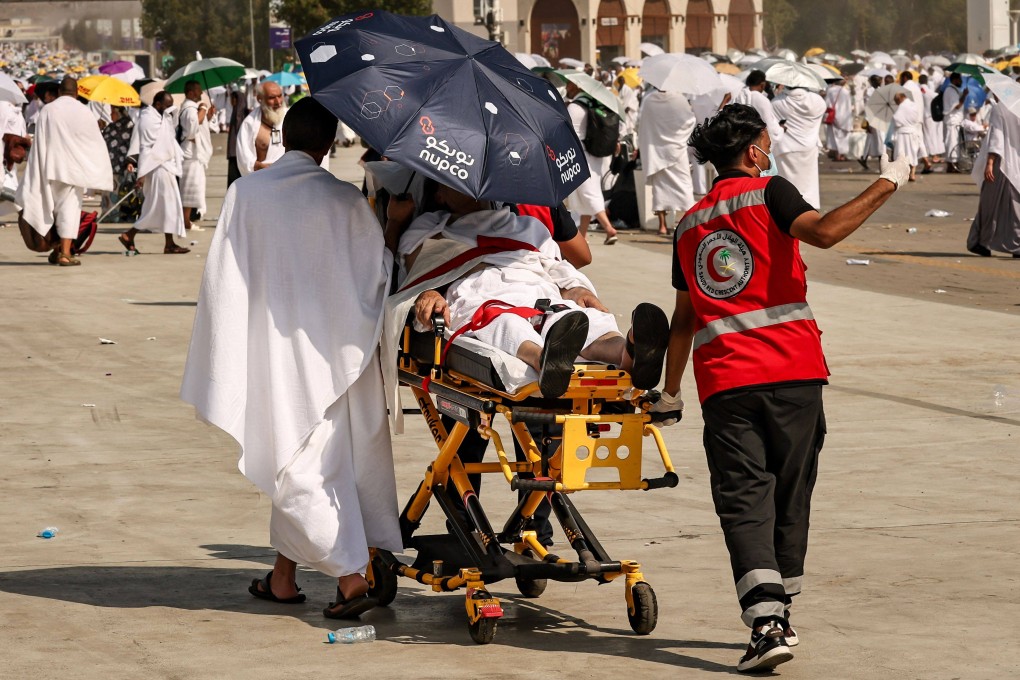Letters | 1,300 deaths in haj heat must not be in vain
- Readers discuss the urgency of climate resilience in the Middle East, why Hong Kong should leave Uber alone, and cars encroaching on pedestrian space along Island Road

As we grapple with our sorrow over the deaths, we must also confront the undeniable impact of climate change. The harsh weather conditions exacerbated by global warming increasingly pose a threat to those attending outdoor events, particularly in regions like the Gulf. The relentless heat is not just uncomfortable; it’s deadly.
The Gulf nations are at a crossroads. Their ambitions to diversify their economies and attract tourists and investors are laudable. However, as this tragedy shows, economic aspirations cannot overshadow the value of human life. The question then arises: will financial investments alone be sufficient to safeguard against such calamities in the future?
It’s time for a paradigm shift. We must invest in sustainable infrastructure that can withstand the challenges posed by climate change. This means designing buildings and event spaces that are both environmentally friendly and capable of providing safe shelter from extreme weather conditions.
Moreover, as these nations strive to become global hubs for tourism and investment, there must be a parallel commitment to improving emergency response systems and crowd management strategies. The world is watching how these countries respond to this tragedy and whether they will take the necessary steps to prevent such incidents from recurring.